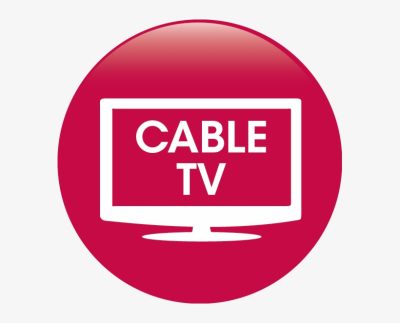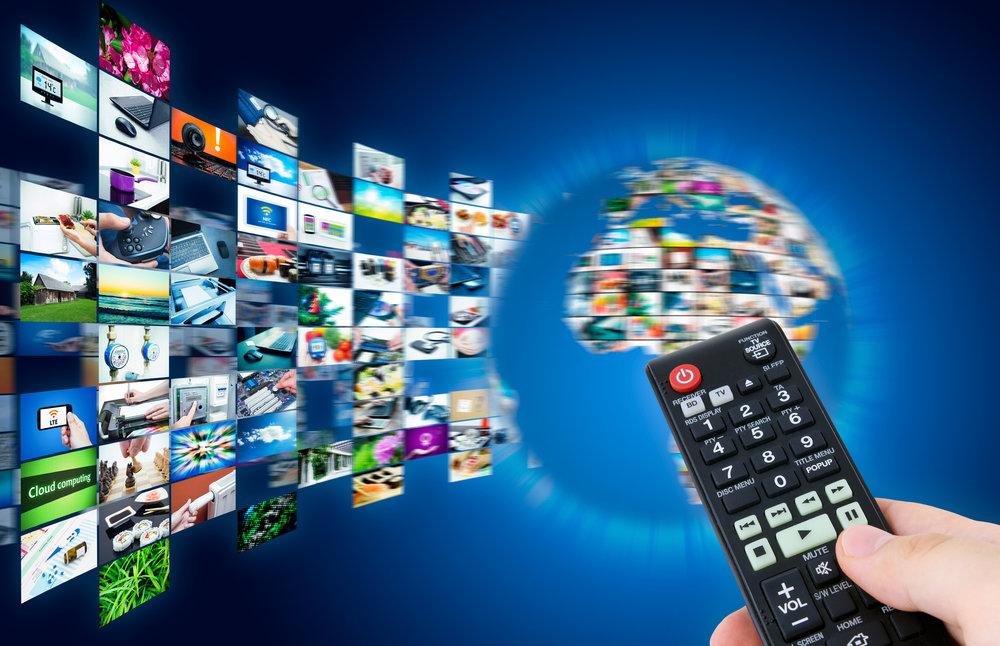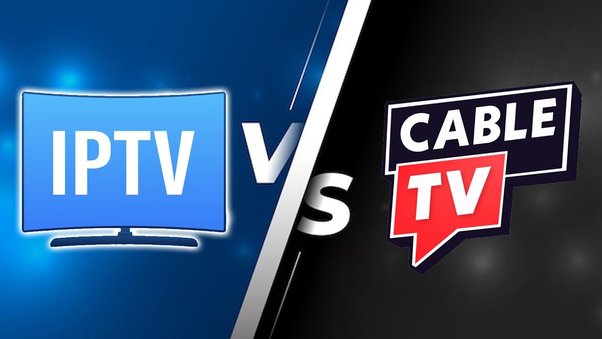Cable TV

Exploring the Evolution of Cable TV: A Comprehensive Guide for IPTV Enthusiasts
Introduction
Cable TV has been a staple of home entertainment for decades, but its role in the era of IPTV is often overlooked. In this article, we’ll delve into the lesser-known aspects of Cable TV and its relationship with IPTV, uncovering its evolution and relevance in today’s digital landscape.

Understanding Cable TV
Cable TV, also known as cable television, refers to the distribution of television programming through coaxial cables or fiber optics. Unlike traditional broadcast television, which relies on over-the-air signals, cable Television delivers a wide range of channels directly to subscribers’ homes via cable networks. This technology revolutionized television viewing, offering viewers access to a multitude of channels and programming options.
The Transition to IPTV

With the advent of Internet Protocol Television (IPTV), the landscape of television delivery has undergone significant changes. IPTV allows for the streaming of television content over internet protocol networks, bypassing the need for traditional cable infrastructure. While Cable TV remains a prevalent choice for many households, IPTV offers advantages such as on-demand content, multiscreen viewing, and greater flexibility in channel selection.
Exploring Unique Features
Despite the rise of IPTV, Cable TV still offers unique features and benefits. Cable providers often bundle television services with internet and phone services, creating convenient packages for consumers. Additionally, Cable Television infrastructure is well-established in many regions, providing reliable service and high-quality programming. However, Cable Television may lack the customization and on-demand options available with IPTV.
Cable TV vs. IPTV

The debate between Cable TV and IPTV continues among consumers and industry experts. While Cable Television offers reliability and familiarity, IPTV provides a more dynamic and customizable viewing experience. IPTV’s ability to deliver content over the internet opens up possibilities for interactive features, personalized recommendations, and integration with other digital services. Ultimately, the choice between Cable TV and IPTV depends on individual preferences and needs.
Future Trends and Innovations
As technology continues to evolve, both Cable Television and IPTV are likely to undergo further transformations. Cable providers may explore new ways to integrate internet-based services and enhance the user experience. Meanwhile, IPTV platforms may continue to innovate with features such as augmented reality, virtual reality, and advanced analytics. The convergence of Cable TV and IPTV technologies could lead to a hybrid television experience that combines the best of both worlds.
Conclusion
In conclusion, Cable TV remains a significant player in the world of home entertainment, despite the growing popularity of IPTV. Understanding the unique characteristics of Cable Television and its relationship with IPTV is essential for consumers navigating the ever-changing landscape of television services. Whether you prefer the reliability of Cable Television or the versatility of IPTV, both options offer a wealth of entertainment choices for today’s viewers.



0 Comments